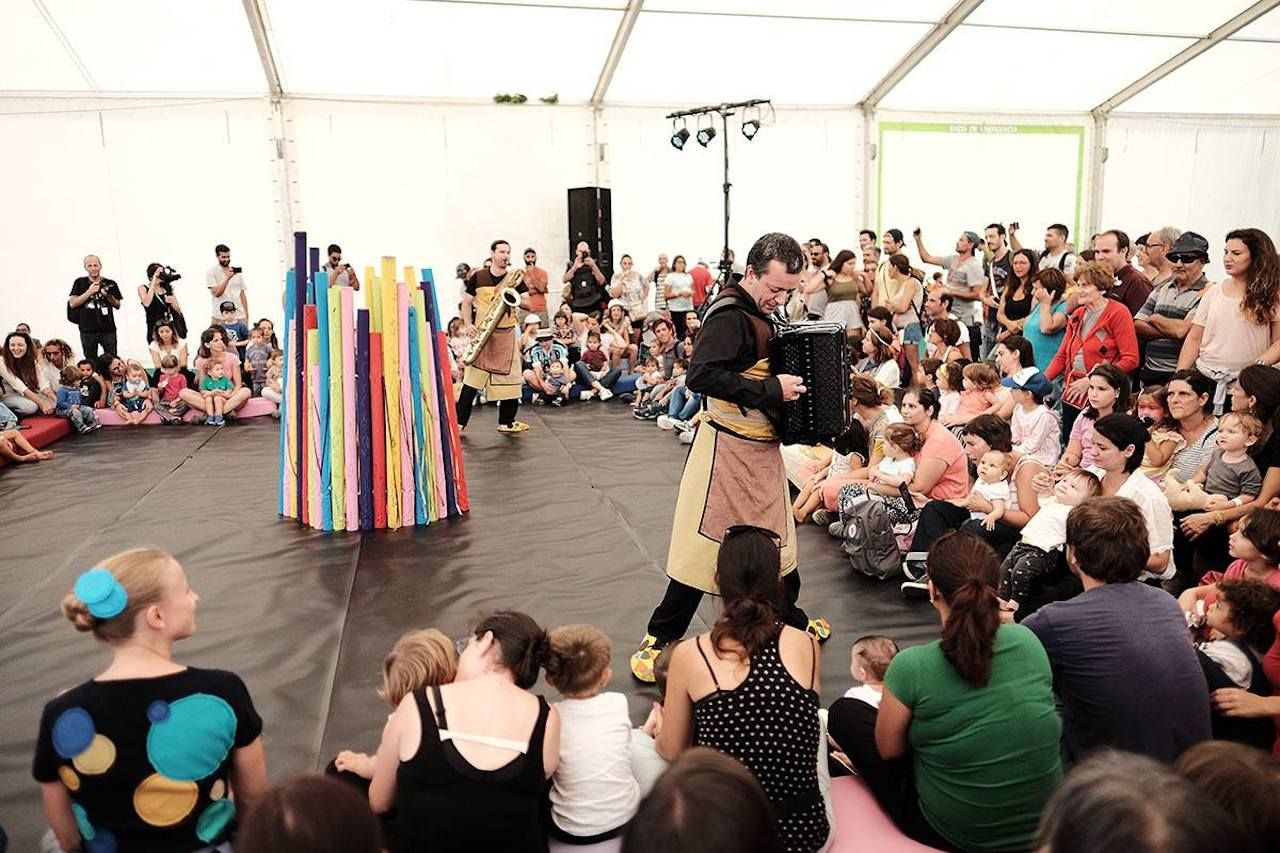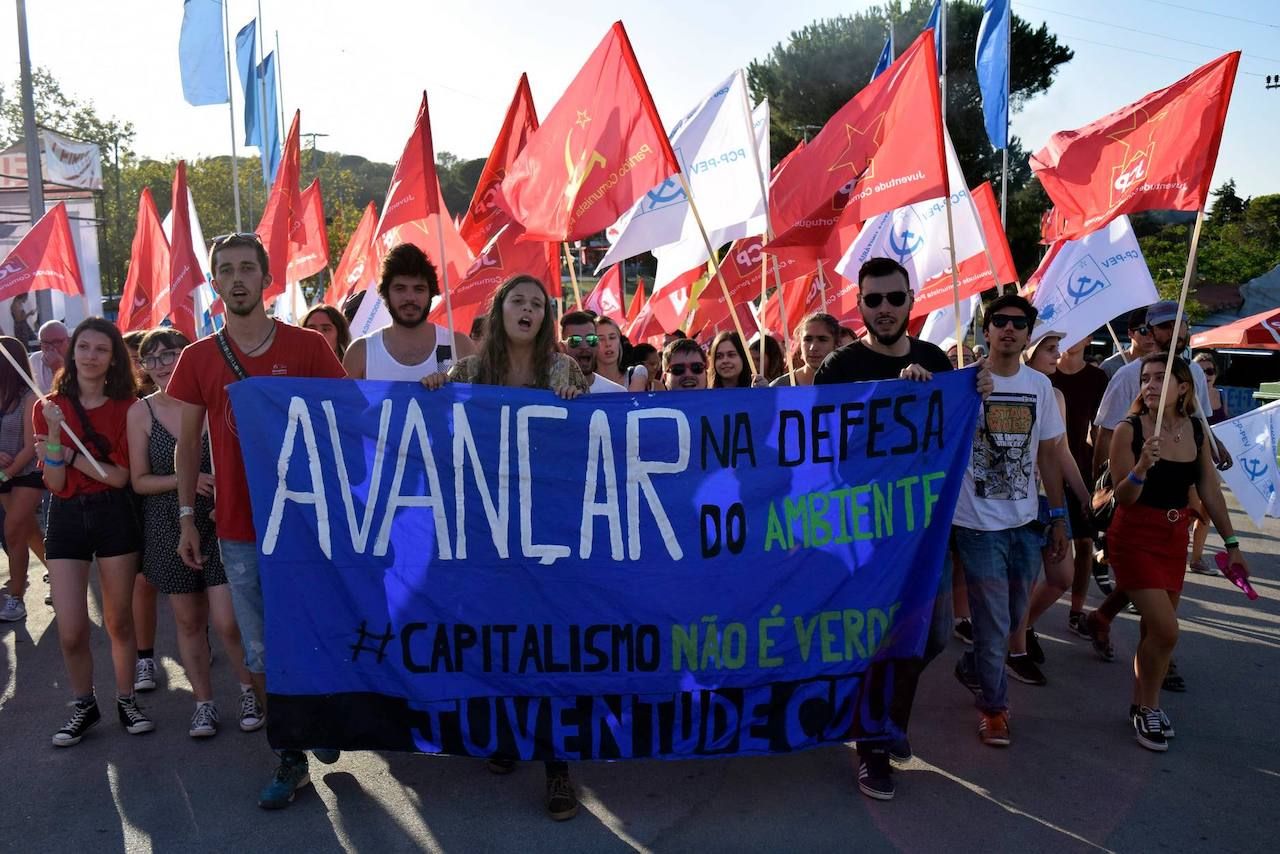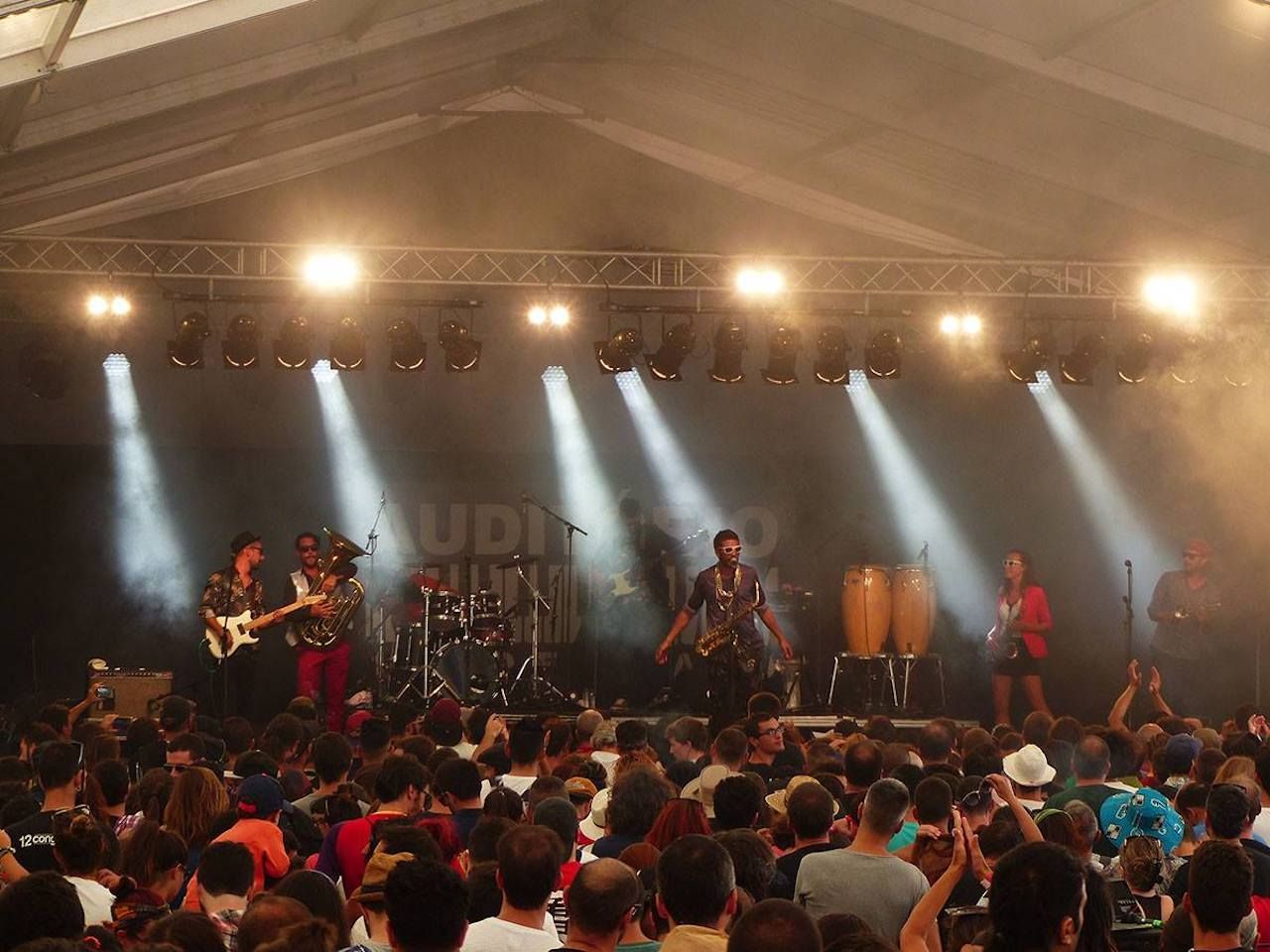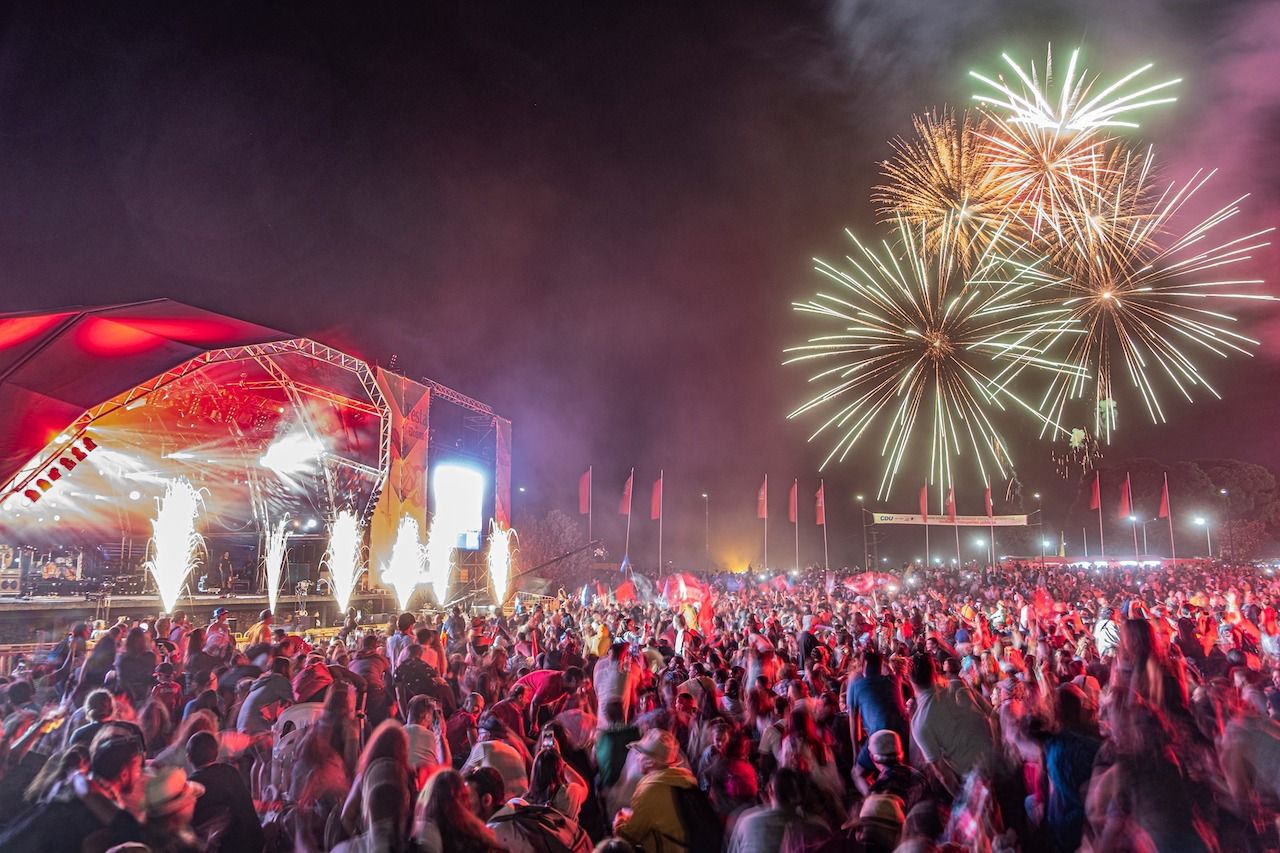Cruising past the Ponte 25 de Abril, which, when I squinted, could have been the Golden Gate Bridge I’d left back home, I wondered if my passport might burst into flames. I was going to a communist festival in Amora, Portugal, hardly the sort of festival I’d envisioned myself attending during my summer in Lisbon.
The view from the ferry took me back to American soil where the word “communism” still lands with a thud. Yet for the people of Portugal, Lisbon’s rust-red bridge commemorates the Carnation Revolution that toppled the fascist Estado Novo regime, under which members of the Portuguese Communist Party (PCP) were persecuted.






